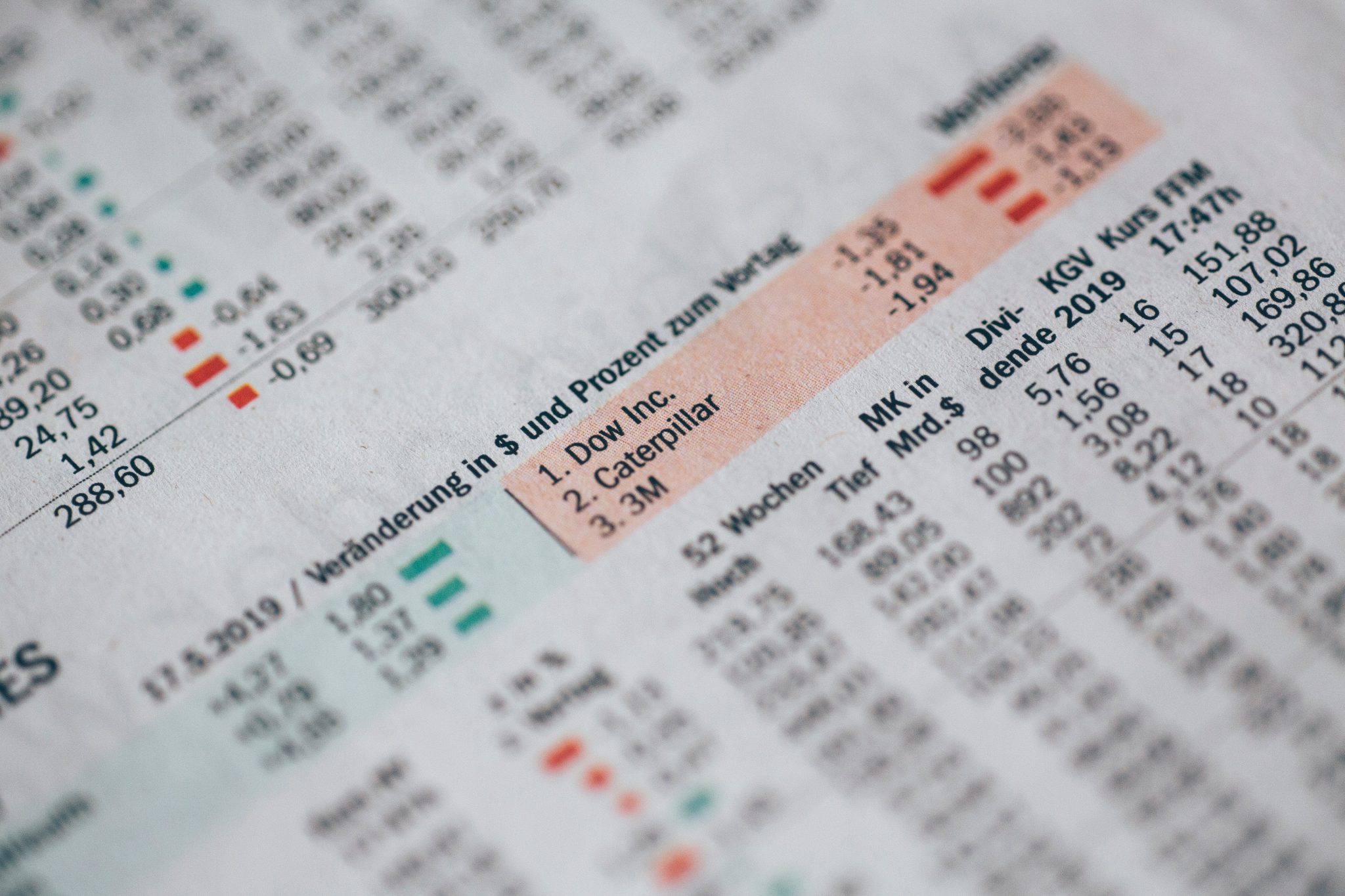That’s not a typo. While asset allocation is a common investment term, asset location is an often overlooked aspect of retirement planning. That is unfortunate because asset location can significantly affect the after-tax value of your retirement income. I’ll explain what asset location means and how you can use that information to increase your retirement income.
What is Asset Location?
Ideally, retirement savings are held in retirement accounts. This probably seems like a very basic thought to most of you. Retirement accounts (401k, 403b, IRA) are specifically structured to provide a means of saving for retirement. They provide tax advantages that make saving for retirement easier and more efficient to account for.
However, it isn’t always the case that retirement money will be held in retirement accounts. Investments set aside specifically for retirement may very well be held in brokerage accounts. Brokerage accounts do not provide specific tax benefits to retirement savers.
Where assets are held, as in, which type of account, is what is meant by asset location.
Why hold assets outside of a retirement account?
The most obvious answer, and irrelevant to our discussion here, is if the assets aren’t meant for retirement. Saving to buy a house or a car? Don’t do that inside a retirement account. You’ll be hit with early withdrawal penalties when you cash out.
A good example of using something other than a retirement account to save for retirement is when you hit the contributions limits but still want to save.
Consider an employed worker who is covered by a 401k plan through his employer. For 2018, the maximum amount that the employee can contribute to his 401k is $18,500. This amount DOES NOT include any matching contribution that the employer may make. For savings beyond that, the employee can contribute up to $5,500 in an IRA.
Between the IRA and 401k, this person could save $24,000 per year in a tax-advantaged retirement account. If this person saves more than $24,000 each year they will quite likely do so in a brokerage account.
How are brokerage accounts taxed?
I said earlier that brokerage accounts do not provide specific tax benefits to retirement savers. That is strictly true but needs some clarification.
Retirement accounts shield the investments within them from taxation. Money held in retirement accounts is typically taxed either before it goes in, or when it comes out. Withdrawals are treated as income, and taxed at the retirees marginal income tax rate. Of course, any money taxed before it goes into the account is treated the same way.
The specific benefit here is that gains/losses/transactions INSIDE the account do not generate tax liability.
Brokerage accounts do not shield investments from taxation. Any income or capital gains made by the investments within a brokerage account are taxed when they are realized. If you hold stocks that are paying dividends, those dividends are taxed as well.
A comparative example:
$100 is saved in a Traditional IRA. The investor buys stock which grows in value to $150. The stock is sold but the money stays in the IRA. No taxation occurs because the money has not been withdrawn.
OR
$100 is saved in a brokerage account. The investor buys stock which grows in value to $150. The stock is sold and the money stays in the brokerage account. The gain is taxed regardless if it is withdrawn or not.
Tax rate on capital gains
Capital gains are taxed according to a specific tax schedule. The tax rate on capital gains depends on both your income and how long you held the investment.
First, how long did you hold the investment?
If you held the investment for less than one year then you have a short-term capital gain.
If you held the investment for longer than one year you have a long-term capital gain.
Second, what is your income?
Short-term capital gains are taxed as income. Simply add them to your income just like you would your earned income. Effectively, the tax rate for short-term capital gains is your marginal income tax rate.
The IRS treats long-term capital gains better. They are taxed at lower rates, again depending on your income level.
For 2018, long-term capital gains are taxed as follows:

From the table above you will notice that long-term capital gains are taxed at a very favorable rate. In a side-by-side comparison, it is obvious that long-term capital gains taxation is preferable to short-term capital gains taxation.
In fact, the bottom two tax brackets result in no tax on long-term capital gains at all!
This is the clarification I mentioned earlier. While brokerage accounts are taxed, the preferential treatment of long-term capital gains provides a planning opportunity.
To the extent that you can manage your portfolio in a way to minimize short-term capital gains, and instead push capital gains out to at least one year, you can significantly reduce the taxes on your investments. If you have capital gains you’ll eventually need to harvest anyway you can take advantage of any years your income may be lower, such as during a layoff, to pay at a lower rate.
It may even be possible to avoid capital gains taxes altogether.
How to Take Advantage of Long-Term Capital Gains Tax Rates
Holding stocks is a great way to take advantage of long-term capital gains tax rates. The value of stocks can rise, but you will not “realize the gain” until you decide to sell the stock. You could potentially see a very large increase in the value of your stocks and continue to hold them for a long time. The key here is that it is up to you when you sell, so you are in full control of when you realize the gain.
Passive index ETF’s are another great way to take advantage of long-term capital gains. The principle is the same since there is by definition very little trading activity within a passive ETF. This is one of the advantages of using passive ETF’s.
Back to Asset Location
For the retirement saver who has a portion of your assets outside of tax-advantaged retirement accounts, think about your asset allocation – your mix between stocks and bonds.
Consider the difference in taxation of retirement accounts and brokerage accounts. Retirement account withdrawals will be taxed at income tax rates. Brokerage accounts are potentially taxed at rates that are significantly lower than your income tax rate.
With that in mind, it makes sense then to locate investments where they will make the best use of the applicable tax structure.
Which investments go in which account?
As noted above, investments that allow you to control when gains are realized are good choices for brokerage accounts. You can strategically take your gains to maximize their after-tax value by holding investments for at least one year.
Investments that provide a regular stream of payments are less efficient in brokerage accounts because the income will be taxed along the way.
Bonds are a good example. Most bonds make interest payments to the holder every six months. You will owe taxes on these payments at your marginal tax rate.
The planning factor here is, if you are going to pay income tax on the interest payments anyway, why not hold your bonds in your retirement account? This will allow you to hold your stocks in your brokerage account where you can take advantage of a lower long-term capital gains tax rate.
There is a second effect here as well. If you are reinvesting your interest payments then you get to reinvest the full amount if they are inside the retirement account. Held in a brokerage account, interest payments would be taxed when received. If you collect a $100 interest payment, then you will incur a tax liability at your marginal tax rate. This creates a significant drag on your portfolios growth over the long term.






